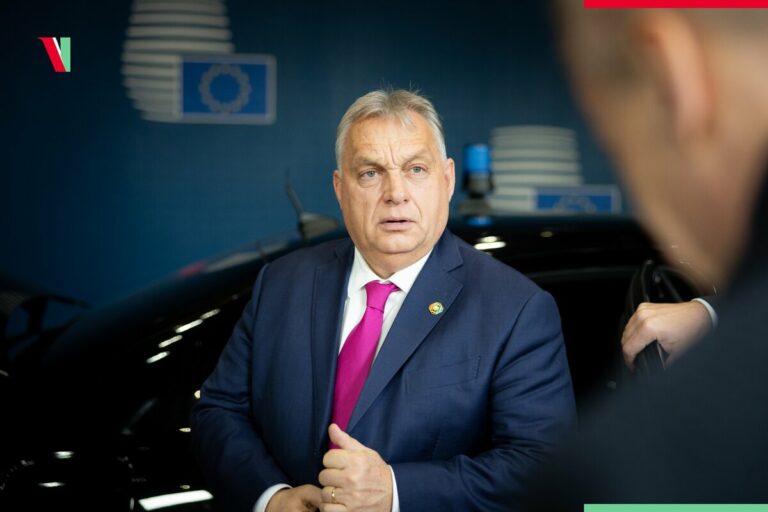Ukraine
Hungarian government says EU is in terrible state and needs Balkans states’ accession – VIDEOS

EU’s secret plan to bypass Hungary: Is Orbán about to lose his veto power?

Fidesz MEP: ‘European cooperation an illusion’

Druzhba pipeline oil deliveries suspended due to drone strike 🔄

Orbán cabinet: the EU wants to keep Ukraine alive. This must not happen

Ukraine’s EU referendum in Hungary: why is Orbán’s costly push worth it?

The 1st Ukraine-Russia war memorial outside Ukraine may be erected in Budapest

Daily Telegraph: Trump considers sending U.S. troops to Hungary

Hungarian FM Szijjártó: EU cannot afford Ukraine support

Hungarian scientists issue joint statement condemning government’s stance on Ukraine

Will Hungary veto the EU’s big plans regarding Ukraine?

Szijjártó: Ukrainian drone attack on TurkStream foiled, calls for EU clarification

Orbán threatens veto on new EU weapons for Ukraine, asks EU to hold direct talks with Putin – UPDATE: government reaction

Orbán not invited, Szijjártó dismisses London meeting as ‘pro-war gathering’

Orbán’s ‘pro-peace’ government becomes largest EU financier of Russia’s war

Orbán still unconvinced: ‘Unthinkable that Ukraine could join EU’ – UPDATE

Hungary warns: EU states far from consensus on support for Ukraine

Once a soldier, now a diplomat: Ukraine’s new Ukrainian-Hungarian Ambassador arrives in Hungary!





 ZH
ZH IT
IT DE
DE HR
HR NL
NL FR
FR JA
JA RO
RO RU
RU ES
ES TR
TR
